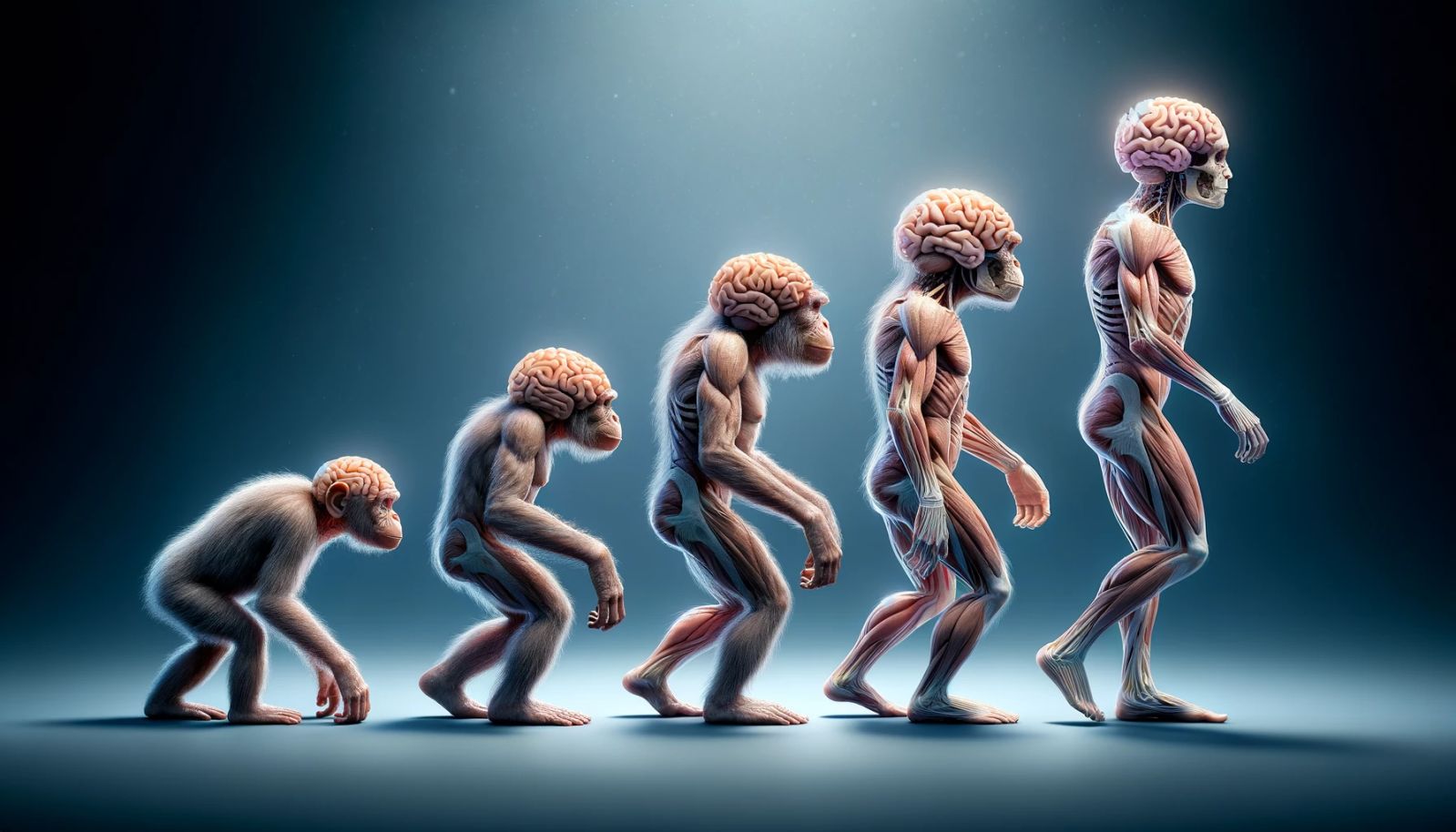The Uniqueness of the Human Brain Explained... by Fermentation
Follow us on Google News (click on ☆)

The role of diet in brain evolution is crucial. Erin Hecht, Assistant Professor of Human Evolutionary Biology and co-author of the study, explains that brain tissue is energy-intensive. To survive, the large-brained Australopithecus, our ancestors, had to modify their diet. The popular theory of cooking food has long been favored, but this study suggests another avenue: fermentation.
The problem with the cooking theory is that the use of fire by hominids is dated to about 1.5 million years ago, while the increase in brain size began around 2.5 million years ago. Katherine L. Bryant, co-author of the article and researcher at the Institute for Language, Communication, and the Brain at Aix-Marseille University, highlights that another dietary modification must have relieved the metabolic constraints on brain size. Fermentation could be this modification.
The new hypothesis proposed by Hecht and her team suggests that storing food through fermentation, thus providing pre-digested food, made a more accessible energy source available, promoting brain growth and the survival of our ancestors. This evolution could have been a fortunate side effect of food preservation. The consumption of fermented foods is widespread across all cultures, from France with its wine and cheese to Asia with soy sauce and natto.
The human gut, proportionally smaller than that of other primates, indicates an adaptation to a diet previously transformed by fermentation. Hecht suggests that further studies on the brain's response to fermented and non-fermented foods, as well as on olfactory and taste receptors, could be beneficial. These areas represent promising research avenues.
Bryant also envisions positive implications in exploring the role of fermented foods on human health and maintaining a healthy gut microbiome, already linked to physical and mental health in numerous studies.
Understanding the evolution of the human brain is thus enriched by this new perspective, offering new avenues of research to uncover one of the greatest mysteries of human evolution.